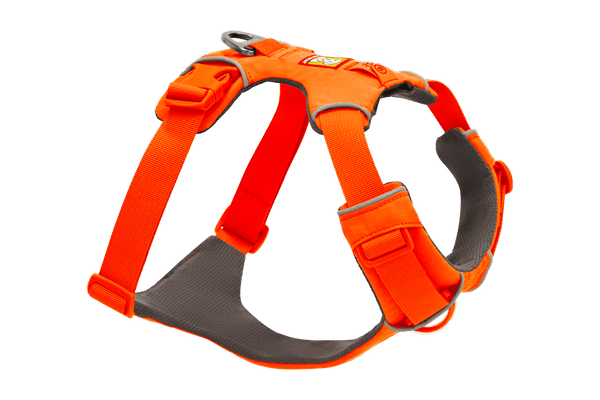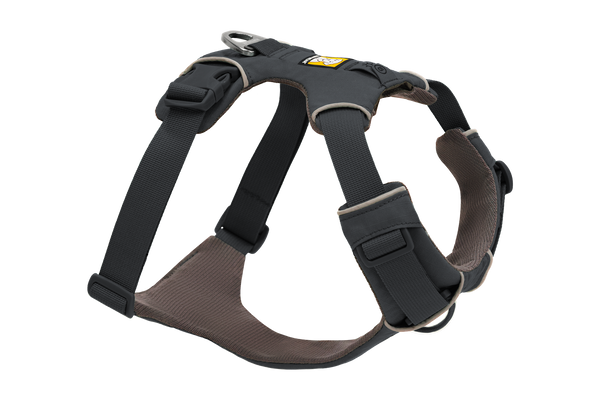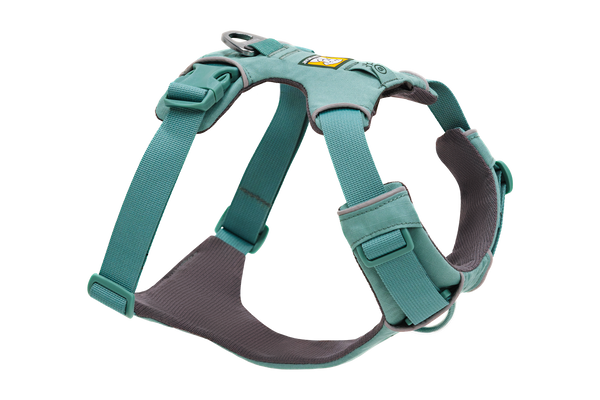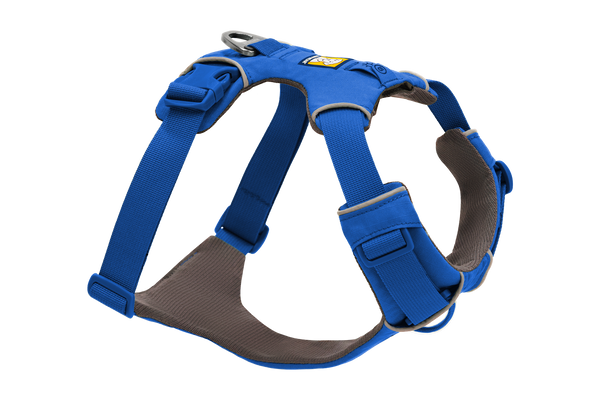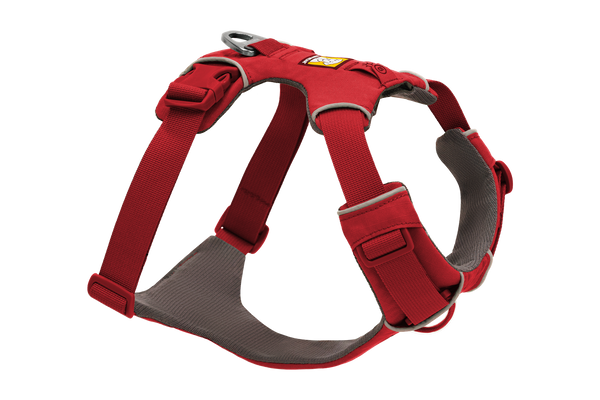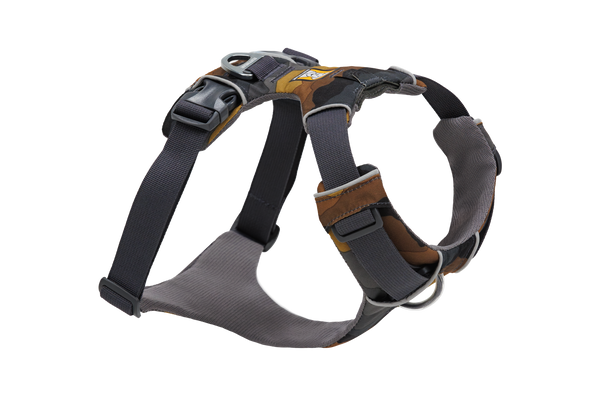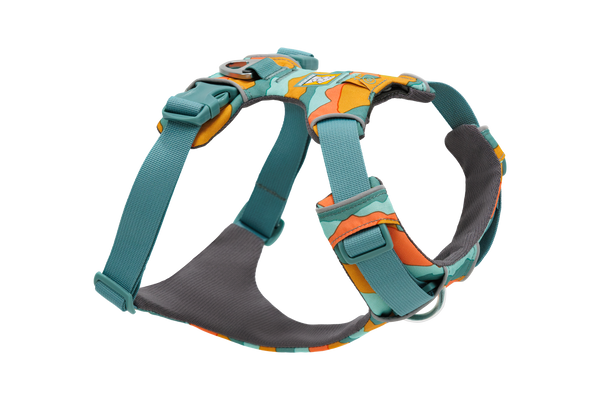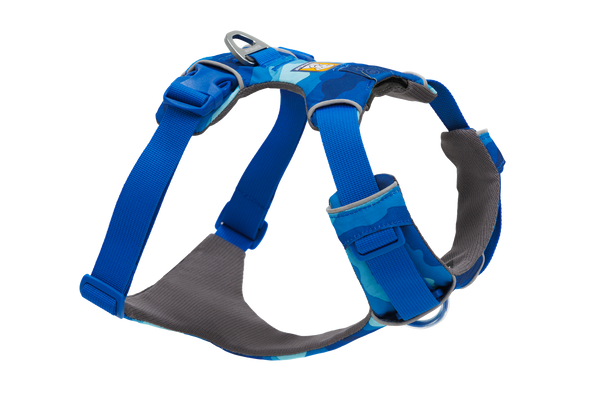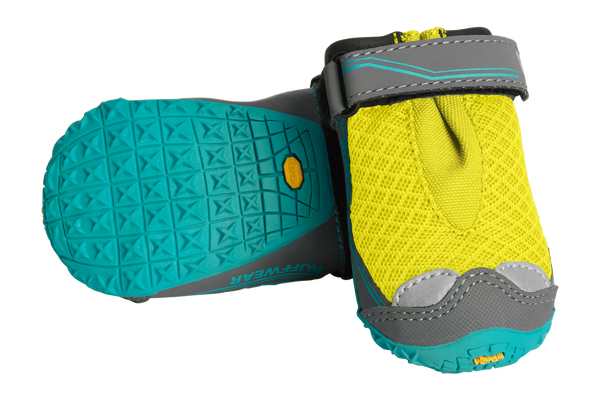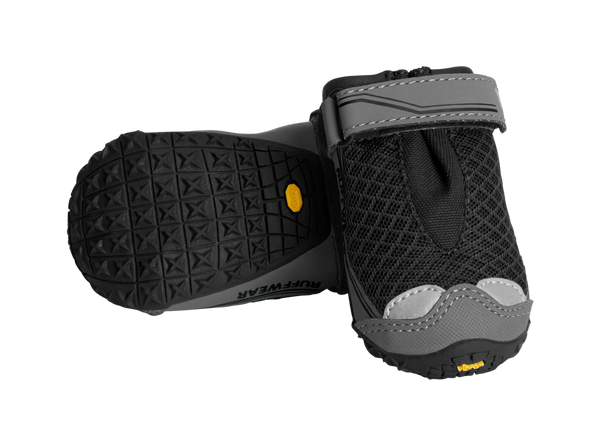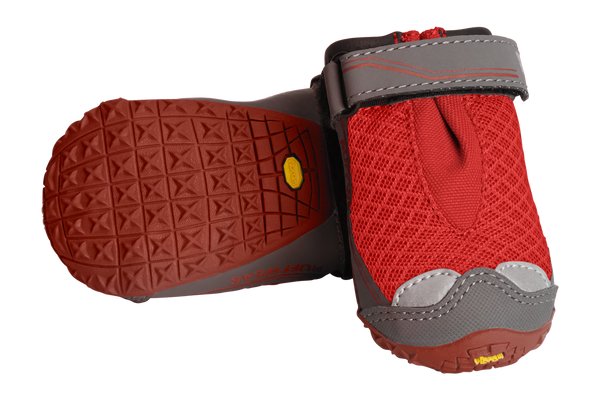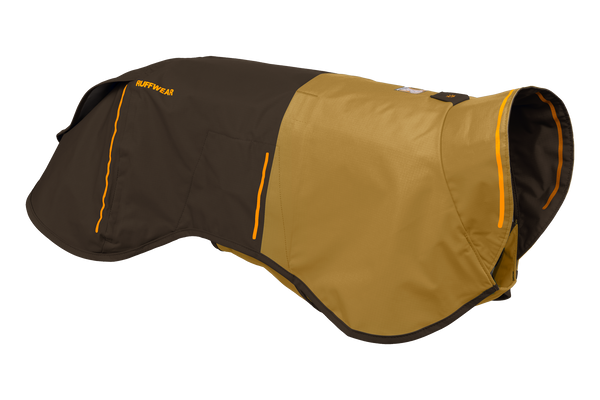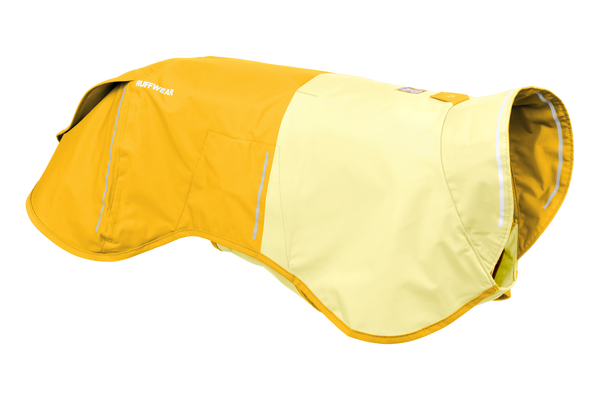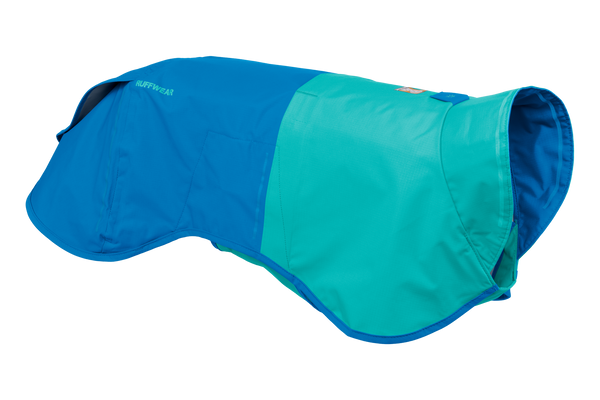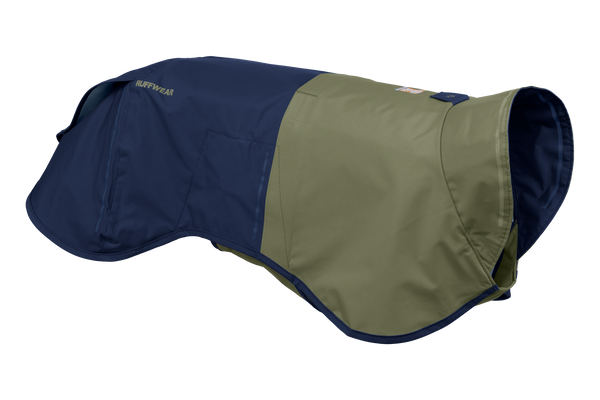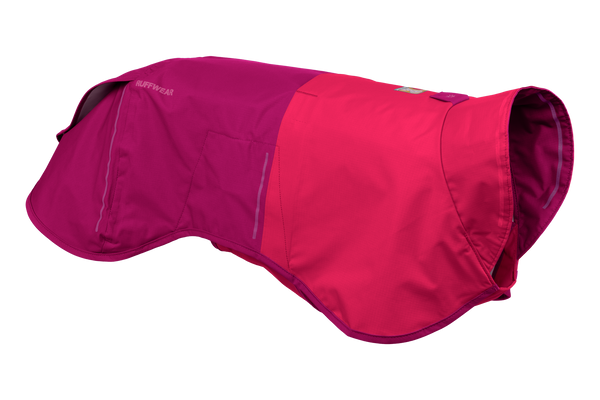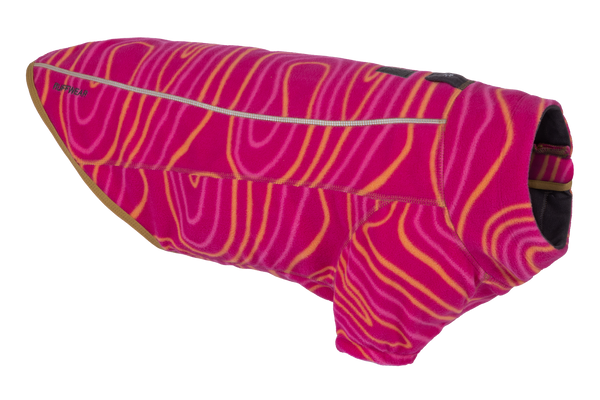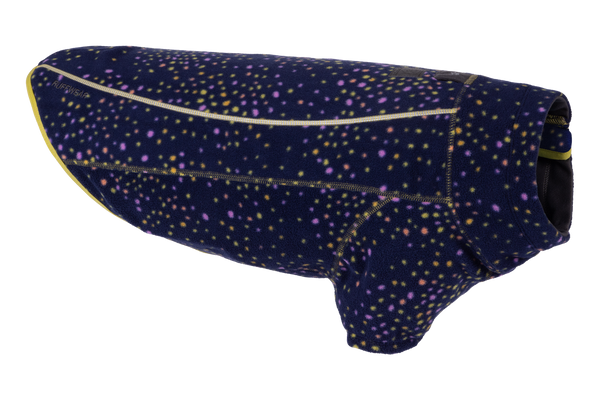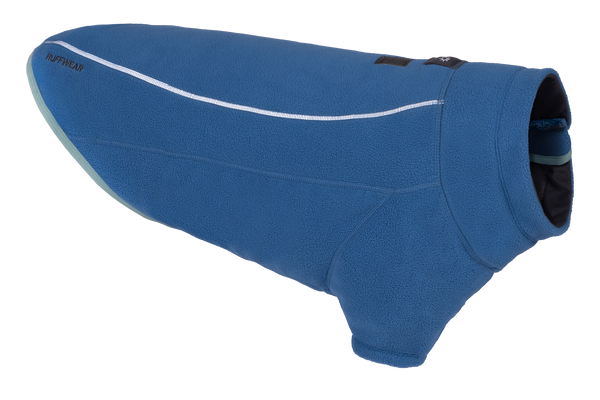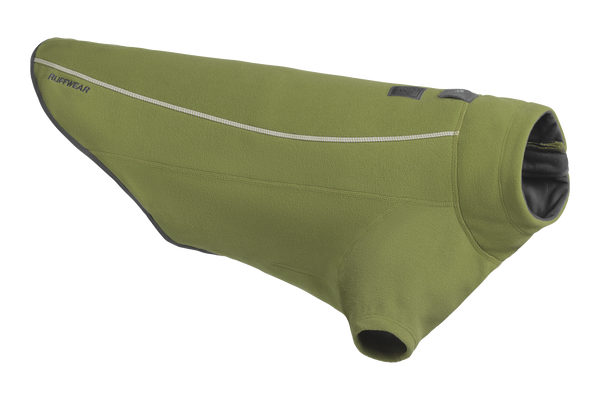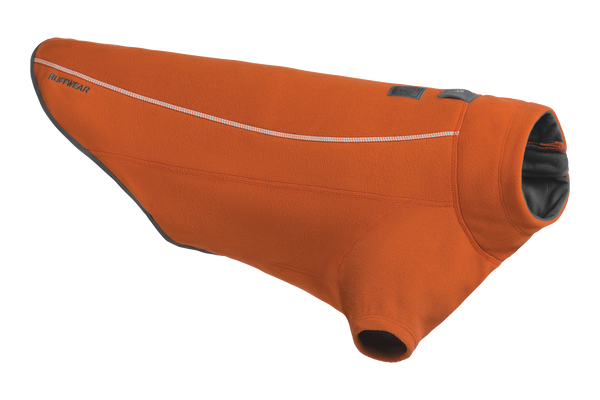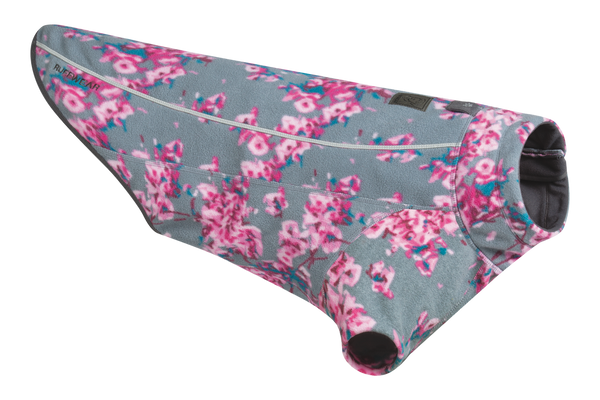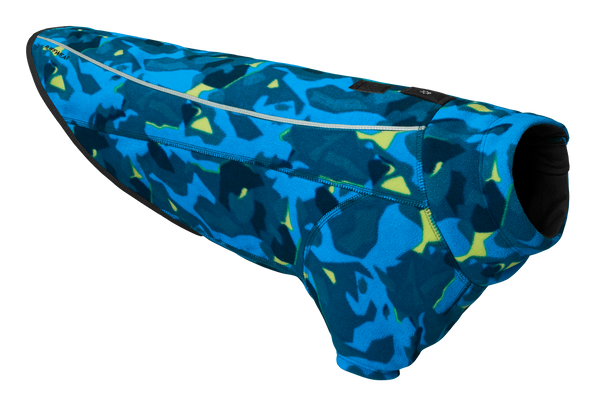How To Skijore With Your Dog This Winter
If you live in a place that regularly gets winter snow, you might wonder how you can keep getting out and about with your dog on days when your normal walks, hikes, or camping are out of the question. Enter skijoring, an activity for the whole pack where your pup gets a chance to lead the way.
What is Skijoring?
The practice of skijoring likely started as a mode of transportation. The Sami of Northern Scandinavia herd and manage reindeer and likely began skijoring — a word based on the Norwegian for “ski driving” — by putting on skis and attaching themselves to reindeer who pulled them through the thick snow. From there, people began skiing behind horses and eventually dogs, too. Of course, there is a long history of dog sledding, but dogjoring, which is usually practiced with one person and only one or two dogs pulling (instead of a dog team), is a more recent invention. Skijoring is a fun winter activity for you and your dog that can be done at a number of different outdoor locations as long as there’s enough snow to support a human on skis.
Ruffwear's Omnijore™ Dog Joring System is designed to help dogs and their human companions function as a team in the outdoors. Though you can use the Omnijore™ system year-round for running, biking, or skateboarding in tandem with your dog, this time of year skijoring is a howling good time.
What to know before skijoring with your dog
Ruffwear’s very own Kadee Mardule and former Pack member Kelly Hughes have a lot of experience skijoring with their dogs. We had the chance to sit down with them to ask for paws-on tips on how they got started skijoring, how to know if your pup is a good candidate for the sport, and steps to take before you strap your skis on and step out onto the snow.
RW: How did you get started dogjoring?
Kelly: I was a competitive nordic ski racer growing up and still had all my gear. My current dog, Juniper, is very athletic and has a ton of energy. She’s four and a half years old and sixty pounds of full muscle. I was very comfortable on my skis and wanted to find a way to get her exercise while keeping her tethered to me.
Kadee: Speed scares me, and at first I was terrified to have my dog Sturgill pull me knowing how hard he pulls. But it brings me so much joy to go out in the morning and skijore together before work. It’s a fun way to bond with Sturgill and get him more of a workout in the snow.

(Left: Kadee's dog, Sturgill, joins Kelly and Juniper and another friend skijoring in Bend, OR. Right: Kadee and Sturgill enjoy the snow together.)
RW: It sounds like people of all levels can get started skijoring. What did you do to prepare your dog to get out in the snow? Do you need any dog snow gear?
Kadee: For the first month before I went out with Sturgill, I helped him get used to the skis. I also had him wear the harness around the house or while doing our regular activities and gave him lots of treats. Once he was used to that, I put on the harness and got him used to pulling me on dry land. We’d jog or walk slowly while keeping tension on the lead.
Kelly: Juniper was a natural once I got the lead attached, but I do think a lot of dogs need slow introductions to snow. If your dog has never seen snow, just go play and see how they interact with it. It's best to have a dog jacket and winter dog boots on hand. Learning how to keep your dog warm in the winter is key to a successful outing.
Kadee: We've spent the most time training Sturgill’s paws. Every winter we have to gear up and use Musher’s Wax and booties so we can slowly ease into it.

Kelly and Juniper skijoring together in Bend, OR. Juniper is wearing Polar Trex™ Winter Dog Boots.
RW: What kind of equipment do you need?
Kelly: You want a harness designed for skijoring. Ruffwear’s Omnijore™ Dog Joring System is really different from our other ones. It pulls from the back end of the dog and fits a bit looser so they can expand their lungs to breathe. It’s important that the harness pulls from the correct point on your dog’s body.
Kadee: The strongest point on a dog is their sternum, and the Omnijore™ is designed to focus pressure there when the dog is pulling. It works for bikejoring and other pull-based activities too.
RW: Can any dog skijore?
Kelly: If you want your dog to pull you from the front, I would only attach to a dog that’s at least 30 pounds. If you just want to do a sport tethered to your dog but they aren’t pulling you, size isn’t as important.
Kadee: Age does matter. Let the dog get old enough that their joints and bodies are fully developed. That can vary with size or breed though is usually around eighteen months. If you’re not sure, it’s a good thing to check with your veterinarian.

The Omnijore™ is a pulling-specific dog harness with padding and four points of adjustment.
RW: What’s the best part about skijoring?
Kadee: When I go skate-skiing on my own, I’m picky about the conditions, but when I go out with Sturgill, my motivation is different. It’s all about doing something together. Even if it’s slushy or the snow is hard, it just means we both get tired faster!
Kelly: It’s really all about taking any opportunity you can to get out with your dog. We are spoiled here in Bend with places to skijore, but one of my favorite experiences is when it snows in town. Everyone is at home or shoveling and we’re out skijoring in the middle of the road.

This article’s Q&A has been condensed and edited for clarity.
